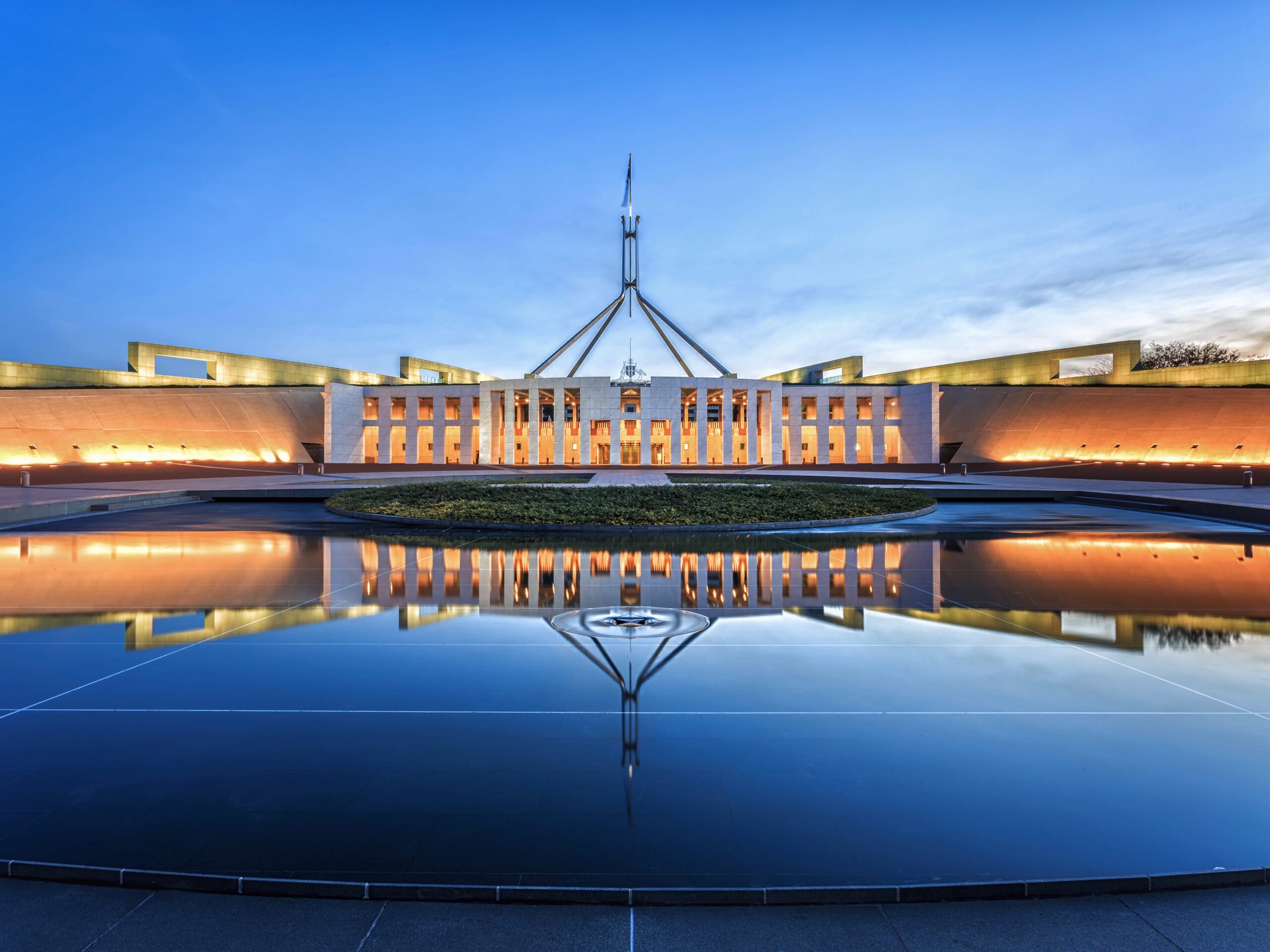The Science and Industry Minister asked the House Standing Committee on Industry, Science and Resources to conduct an Inquiry into developing advanced manufacturing (AM) in Australia. The Terms of Reference include:
-
- opportunities in relation to job creation and productivity;
- international trends;
- Australia’s competitive strengths and advantages;
- barriers to existing manufacturers, particularly SMEs
- financial and non-financial investment opportunities or possible reforms to support the growth of AM
- opportunities to increase employment in AM; and
- skills needed in advanced manufacturing.
Research Australia’s submission has responded in relation to the opportunities and challenges for manufacturing medical products in Australia. We have called for a National Medical Products Industry Plan, with a goal of making Australia a net exporter of medical products, supported by a medical products workforce plan.
Research Australia’s submission is available here.









